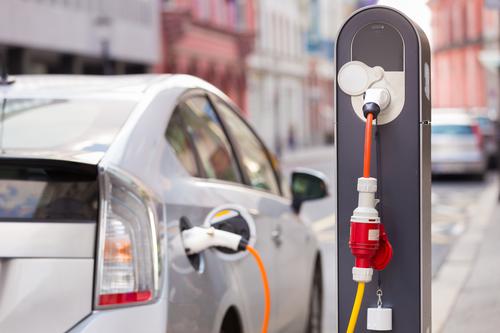Due to the high cost involved with battery cell manufacturing, wholesale adoption of electric vehicles on a commercial scale has been slow to take off. However, a study published within Nature Climate Change Letters shows that car battery costs may be as low as US$300 per kilowatt-hour as it currently stands, and may even be able to reach the US$200 mark by 2020. Such developments indicate that reductions in battery costs are happening at a faster rate than many expected.
Battery costs are reducing at a faster rate than expected
A battery in an average electric car is able to store close to 25 kilowatt-hours of energy. The breakdown of these numbers indicate that costs of EV batteries are currently sitting at $7,500 but may fall to $5,000 by 2020. These decreases in battery costs may just be the push that the world needs in order to adopt cleaner energy sources for transport.
An analysis of ten studies published by various institutions predict a significant decline in battery costs during the next 20 years, allowing solar and EVs to become more affordable for all.
New research conducted by Swedish authors Björn Nykvist and Måns Nilsson in Nature Climate Change has confirmed this decline, but state the fall in battery costs will be even greater than expected.
Nykvist and Nilsson from the Stockholm Environment Institute analysed 85 sources of data such as journals, consultant reports, media, and findings by industry experts and analysts, and determined that since 2011 the number of electric cars sold each year on a global scale has doubled annually.
Market costs as a whole decline by a massive 14%
In summary, the main points of the study are that the total cost of automotive lithium-ion battery packs have fallen to US$410 per kWh on an industry-wide level. Leading automakers such as Tesla and Nissan are already seeing prices closer to US$300 per kWh. These levels were previously thought to be achieveable closer to 2018 and 2022 respectively.
The market as a whole is seeing annual battery costs decline by 14%, while industry leaders who already have a lower rate, are enjoying 8% lower costs. With such numbers on hand, it’s only a matter of time for battery costs start to reach the US$230 per kWh mark in the 2018 time frame – almost 7 years earlier than previous estimations.
The study also suggests that if electric car sales continue to increase then costs as low as US$200 per kWh may be achieved without further advances within the cell chemistry itself.
Costs are falling, which means that products such as EV’s and solar panels will become mainstream sooner than you think.
Declining costs predicted to result renewable energy industry boom
This may explain why Tesla has made a $5 billion investment in their giga-factory in order to manufacture their own products and decrease battery costs even further.
Such endeavours mean more competition in the long run, which in turn will advance technologies to new heights leading to better improvements. Competition on the other hand may turn sour, in the sense that companies will work to monopolise the game. This statement in reference to the lawsuit filed regarding patents concerning BASF, Umicore, 3M, and Argonne National Labs.
Better energy storage facilities may help the grid as well, as clients may use more energy through their solar systems, and by working with consumers, utilities may create better adapted and versatile grids for the long haul.
The findings of the study clearly show that such clean sources of energy services and products are becoming increasingly mainstream, which means consumers should to jump on board before they’re all left behind.



